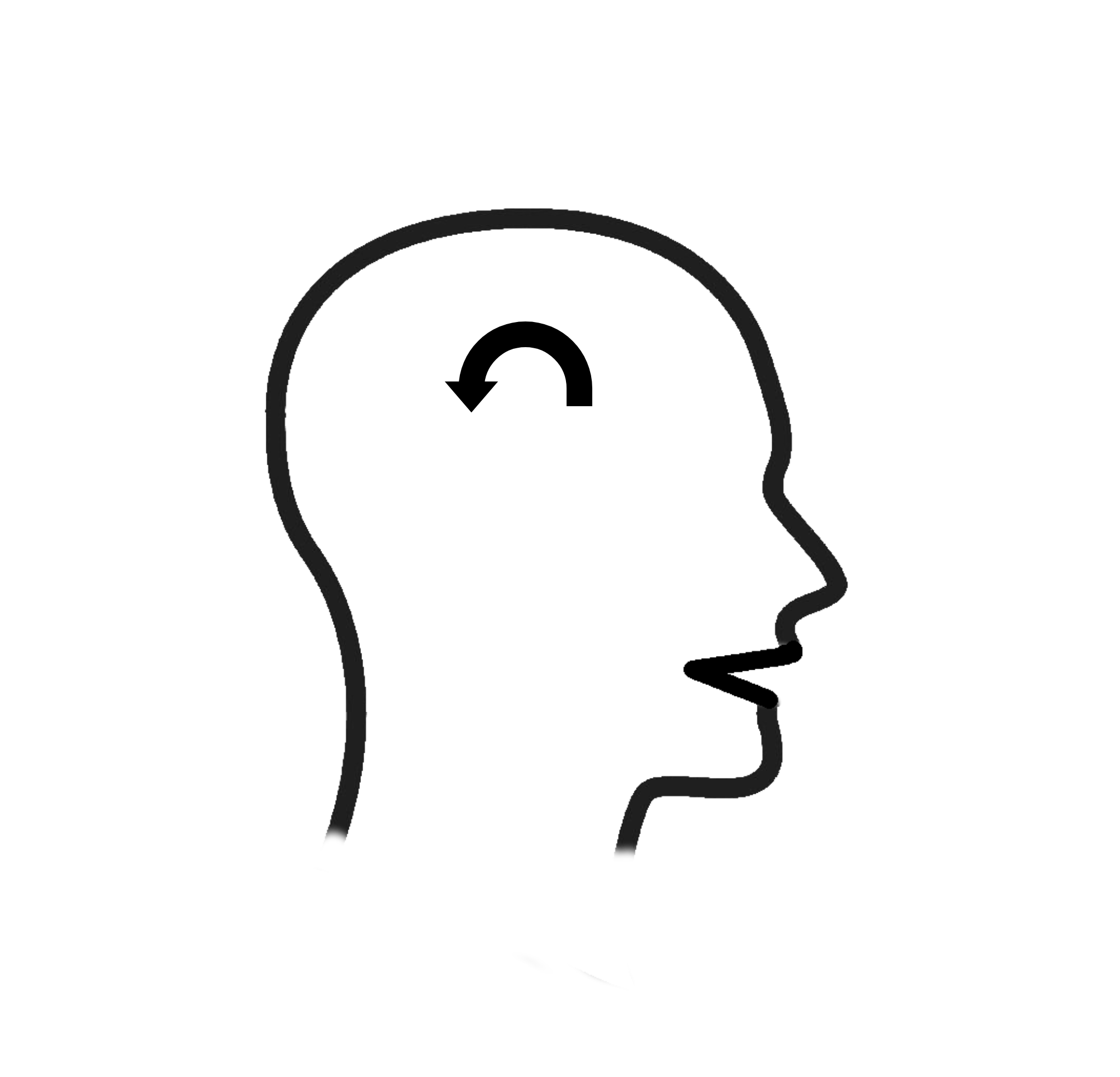Getting started
In this week the best way to use this course will be explained and
the ideas of reflective thinking and reflexivity will be introduced.

The importance of reflective thinking
A large number of academics have researched and written on how reflection produces a significant positive impact on learning and I include two examples here.
Chang (2019) explored the impact of reflection on learning in an online learning environment. Reflection was purposefully designed and embedded in various assignments:
"Five themes were generalized in terms of how reflection impacts learning: increasing the depth of knowledge, identifying the areas which are missing or deficient, personalizing and contextualizing knowledge, providing comparative references in learning, and helping learners build structural connections in knowledge and social connections among learners."
Perkins, Costa and Kallick (2008) state that:
"Reflection has many facets. For example, reflecting on work enhances
its meaning. Reflecting on experiences encourages insight and complex
learning. We foster our own growth when we control our learning, so
some reflection is best done alone. Reflection is also enhanced, however,
when we ponder our learning with others."
Course structure and time
This course runs over 3 weeks. Some of the weeks have less than 7 days in them, this is intentional so that you have more time to spend on actually practising reflection. The reading of the material in the course should take about 4 hours each week but you should expect to spend more time than this on doing the exercises.
Assessment
The purpose of this course is to help you develop your skill in reflective thinking, to introduce some approaches and help you develop a habit of being reflective. Knowing some of the theory should help but this course is not designed for you to learn the theory but rather for you to internalise reflective thinking. As your own approach to reflective thinking is internal to you it cannot be effectively assessed by tests or quizzes and so there are no assessments in this course. Another reason for not having any assessments is that knowing that you are doing well with the assessments might well distract you from the real purpose of this course which is to help you actually practise reflective thinking.
Working together
It would be very useful if you had some people with whom you are willing to share your thoughts as you go through this course. Because this course is a free course with potentially a large numbers of people using it is not feasible to create forums in which you can discuss your thoughts as this would require a large amount of time moderating the forums. Neither can we share contact details of other people doing this course. In spite of this you should think about setting some sort of forum yourself with some friends or family with which might share your thoughts e.g. WhatsApp, X, Facebook etc. Failing that keeping a written journal of your thoughts as you go through this course will also help.
Learning outcomes
Learn a variety of approaches to think reflectively.
Practise these approaches.
Use reflective thinking to improve their understanding of difficult concepts.
Apply reflective thinking in other types of thinking such as metacognition, creative thinking, divergent thinking and critical thinking.
An open course
This course is a free course and an open one. The text and diagrams in this course are copyright Ian Moore (2025) but are released under the Creative Commons licence (cc BY-NC-SA 4.0 UK) which basically means that you are free to translate or reuse any text or diagrams as long as it is not for commercial use. If you do any of these or have any other comments on this course you can contact the author at reflectivethinkingtraining@gmail.com.
Practice
For the rest of the day think about the best way that you could discuss your thoughts as you go through the course with other people or failing that how you could easily create a record of your thoughts.
Please do not be tempted to jump forward to the next day. This course has been designed in stages to give you adequate time to think about and practise the material each day. This is important for developing reflective thinking skills.
